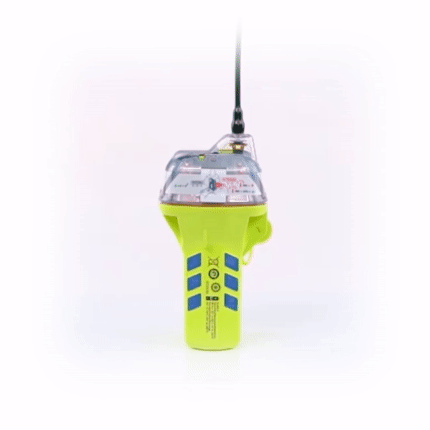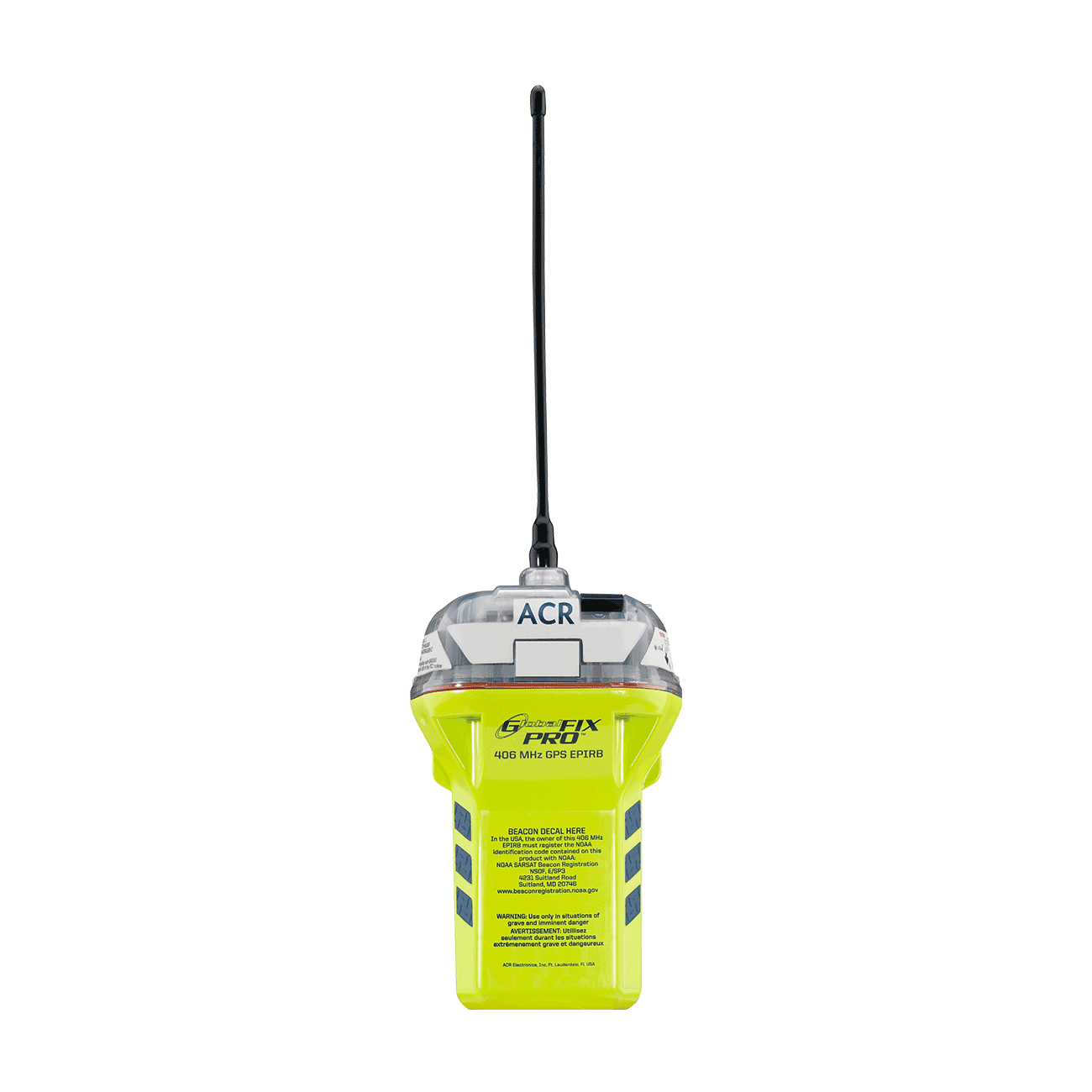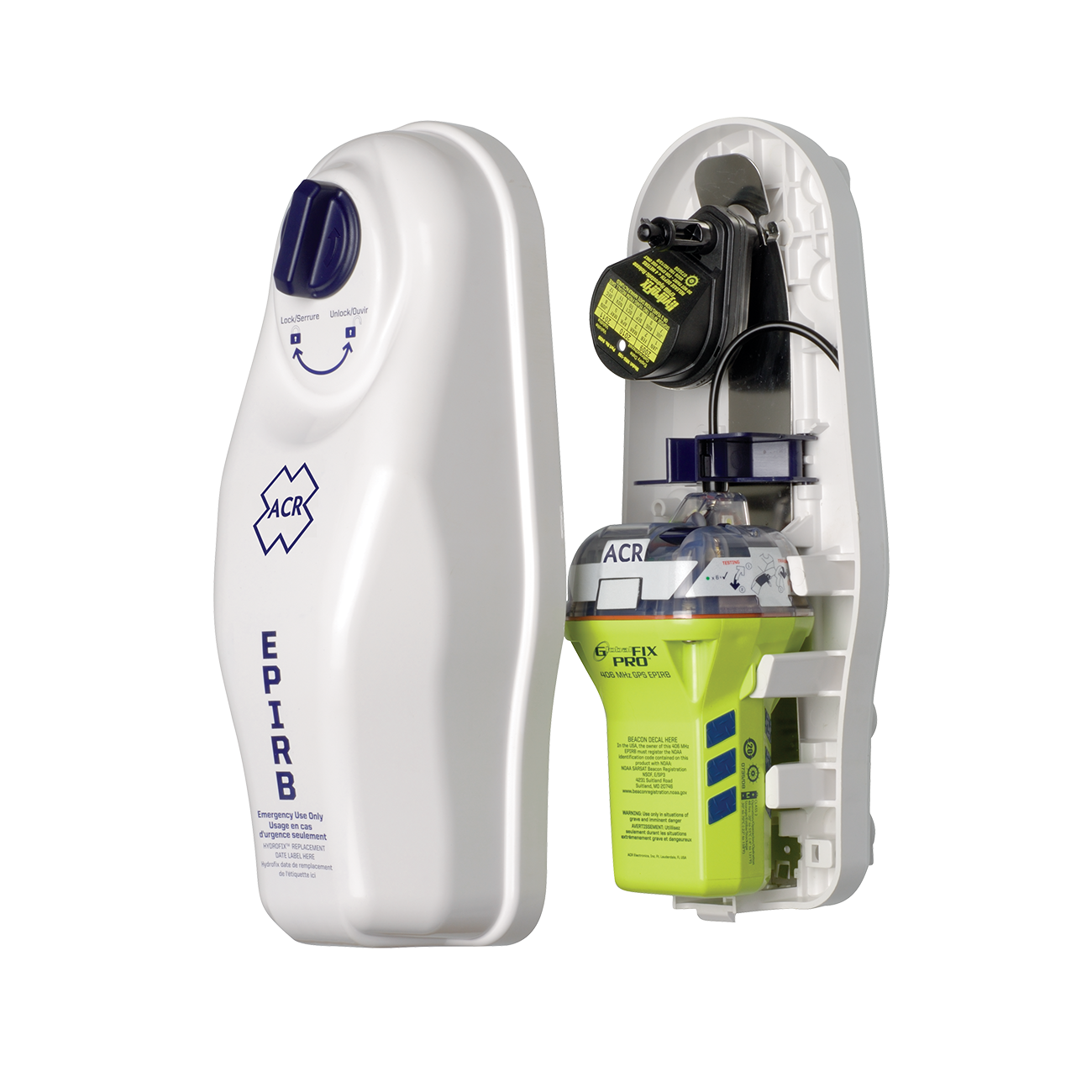Lives saved
4

Boating

Ocean

Boat Sinking

Thunder storm
Blount's Creek, NC
35.3498854°N, -76.9599442°W
Posted on May 2, 2018 by Jason
What happened?
We decided to go Bluefin tuna fishing on Feb 27th this year a couple days before that date. My brother John, a good friend Dan, coworker/friend Matt, and I left the dock at my dad’s house around 5am on the 27th. We left from my dad’s house in Blounts Creek on the Pamlico river in North Carolina. We transited over to Hatteras inlet and arrived there around 7:30am, about a 60 mile run. We then left the inlet and transited to a nice ocean front about 32 miles almost due east of Hatteras, NC. I was captaining and we were aboard our 1995 268 Grady White Islander. Our family have owned boats our entire life and we have always kept really good care of them. Upon arrivng on the fishing grounds we deployed our gear and started trolling. We evidently were at the right location because there were many large and small fishing boats. Seas were running 2-4′ that day with a light wind, pretty calm for February off Cape Hatteras. We ended up trolling from around 9:15 or so until about 1:30. We ended up catching one shark, nice 3-4′ mako we think. Around 1:30 we decided to head back to Hatteras to fuel up so we could make the 60 mile run back across the Pamlico Sound. We stowed all of our gear away and started to plain off. For some reason at this point the boat wouldn’t plain off. We opened up the rear hatch and saw that the bilge was pretty full of water. We turned the bilge on and pumped all the water out. We were about 32 miles offshore at this time and decided to make a run for it again. In about 3-4 minutes after coming onto a plain the boat started shooting the bow up in the air again. We left the bilge pump on this entire time. So we slowed the vessel back down and looked in the rear compartment, it was completely full this time. The bilge pumps were not keeping up. In another minute or so the batteries went under water and we knew we were in trouble. So at this time we took out our offshore life jackets, located our flairs, grabbed our waterproof handheld vhf, and turned our ACR EPIRB on. I was also maydaying the Coast Guard starting at this time. The other three guys put spare surfing wetsuits on that I kept on the boat. We were in about 48 degree water so they would be important. Within about 5-7 minutes the boat started capsizing and eventually flipped completely over in another minute or two. I had been calling the Coast Guard for about 10 minutes with no answer. We all then jumped in the water then climbed on the upside down boat in the water. At this time my brother started calling the Coast Guard on the handheld vhf. We finally received a answer in the next 5 minutes. Cutter Elm, a Coast Guard buoy tender ended up being a little more than 10 miles away from our present location. We shot a couple flares off and they sent there small boat to come pick us up. We boarded their ship and the small vessel out of Cape Hatteras came and got us to bring us back to land. While on the ship, I was told that the Coast Guard main command station received our EPIRB alert and the right people were notified. We ended up being very lucky in our situation, thanks to the Coast Guard. I worked in the Gulf of Mexico for two years as an hydrographic surveyor on the Inez McCall and learned a great deal about marine safety. I never knew exactly how important EPIRB’s were until this day. I will not leave the dock without one in the future. Also when we fish in the winter, I will always have real survival suites and a life raft aboard the vessel. We never figured out why the boat went down so quickly. Only thing we could think was that one of the plastic thru-hulls cracked and eventually broke. -Jason
Words of wisdom
I worked in the Gulf of Mexico for two years as an hydrographic surveyor on the Inez McCall and learned a great deal about marine safety. I never knew exactly how important EPIRB’s were until this day. I will not leave the dock without one in the future.
Thank you note
Rescue location
Blounts Creek
Rescue team
Coast Guard


